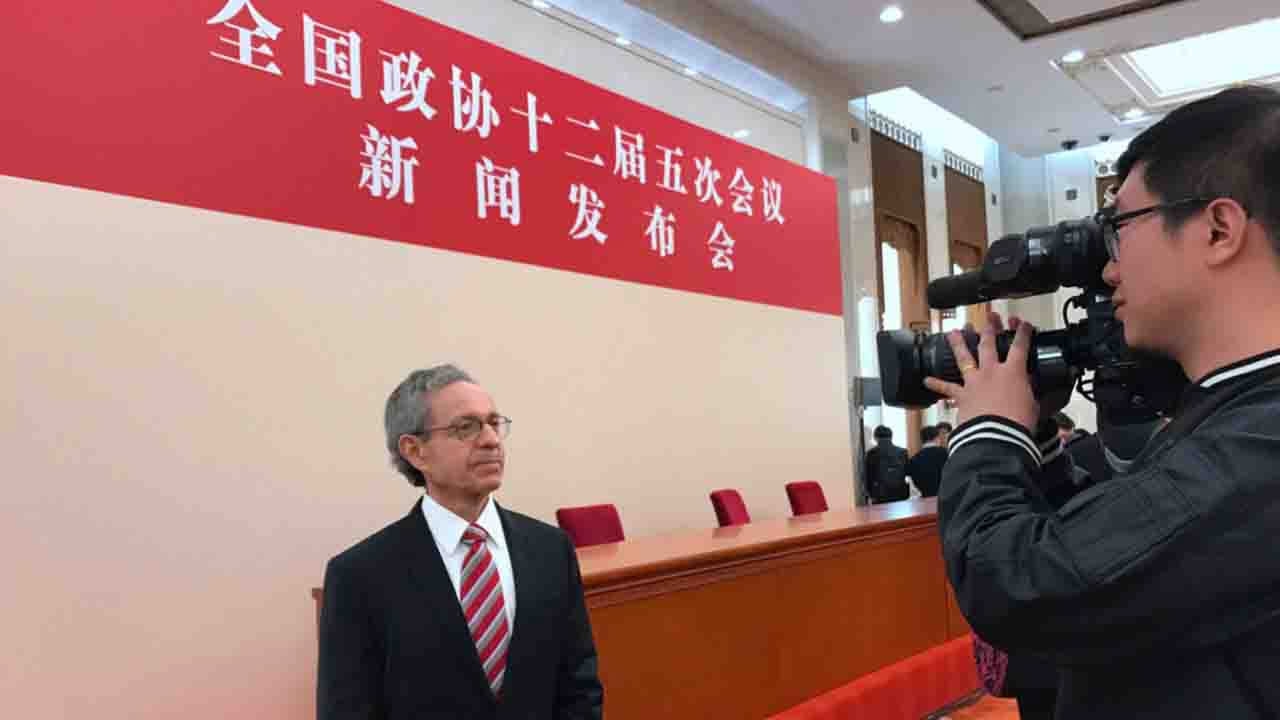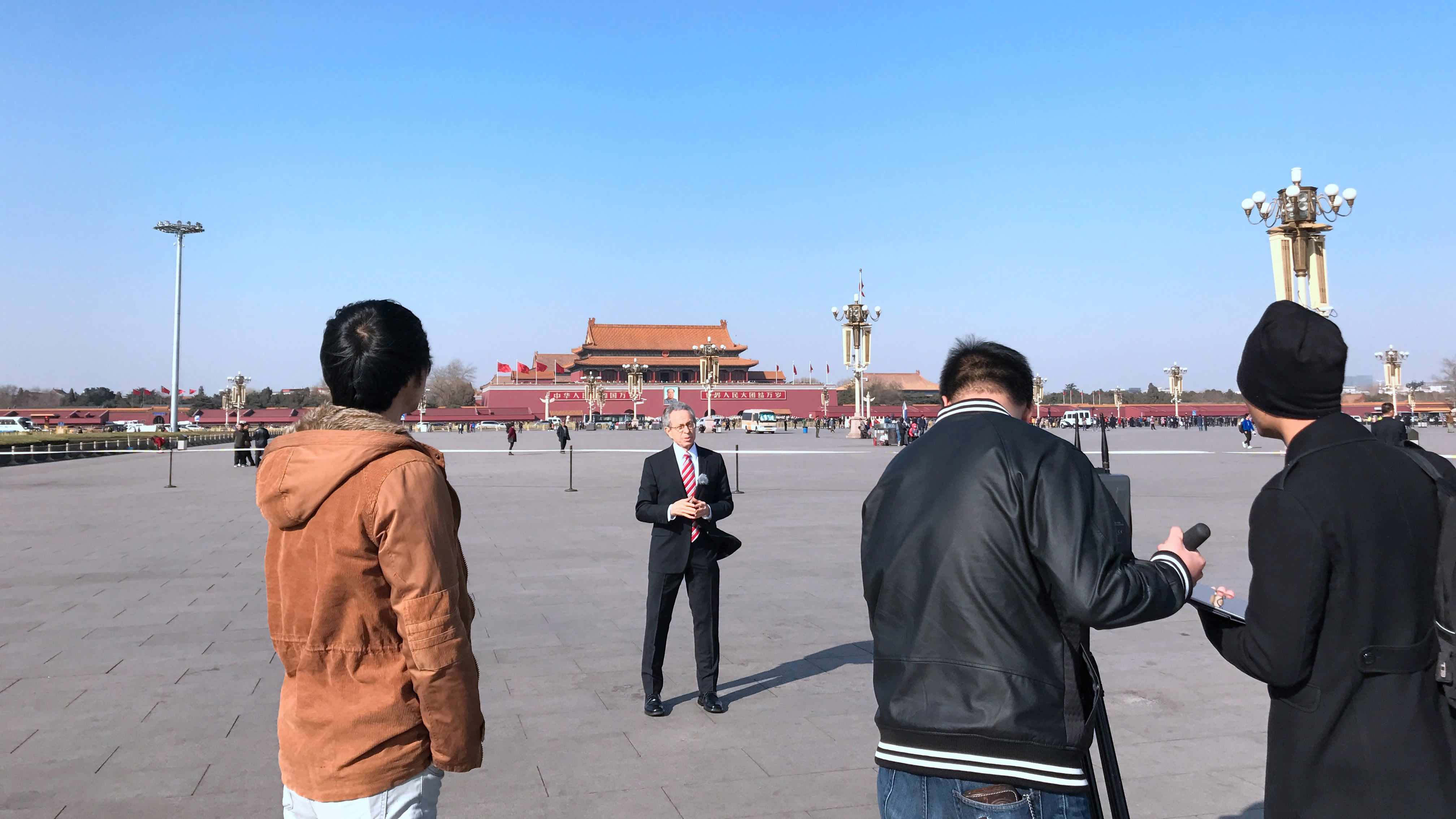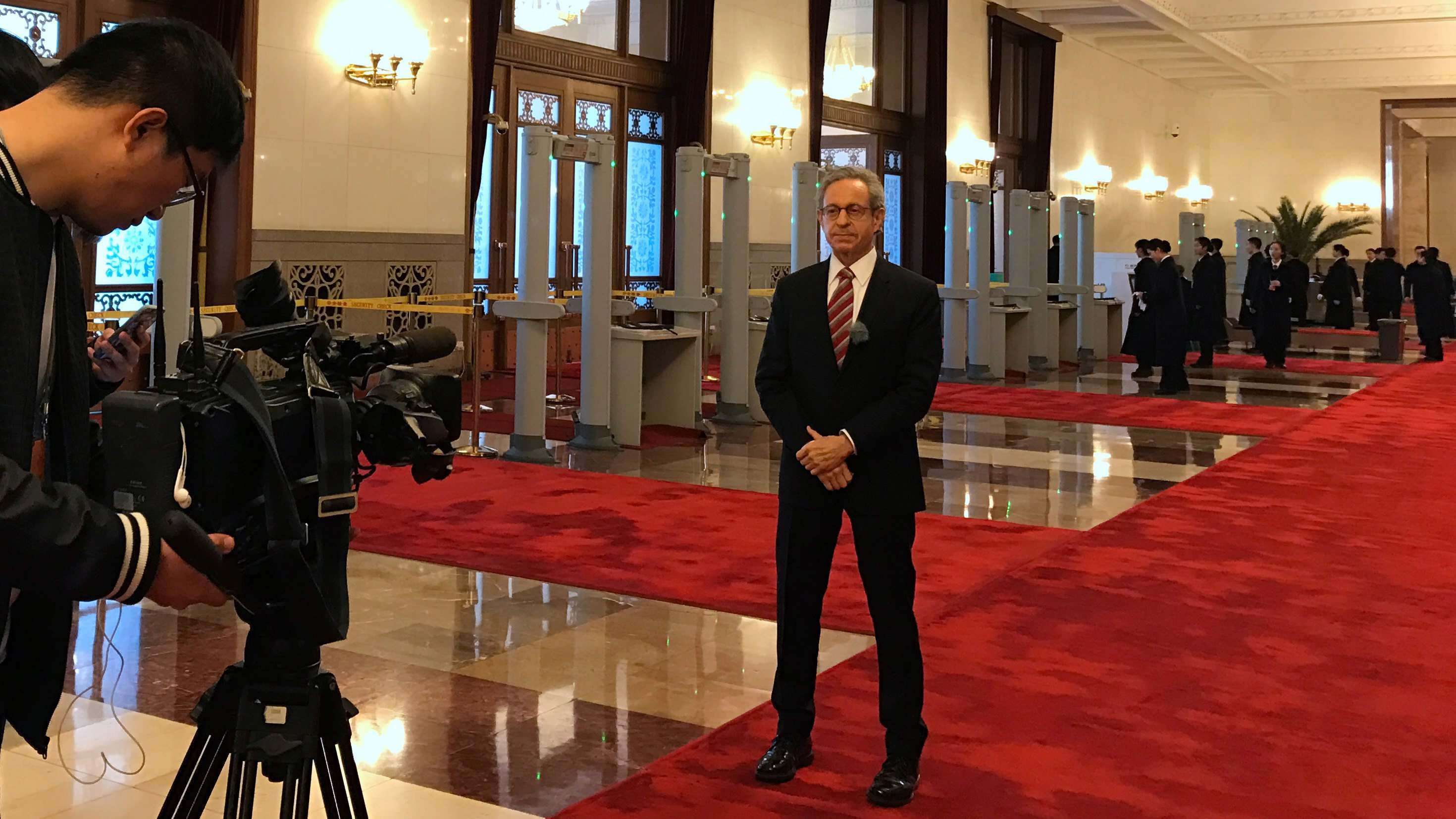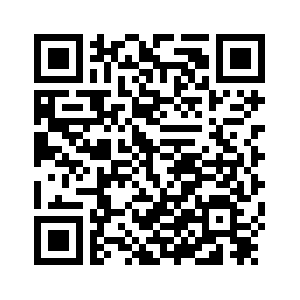
Politics
22:59, 03-Mar-2017
China watching at the Two Sessions
Updated
10:56, 28-Jun-2018

By CGTN's Robert Lawrence Kuhn
I am in my 29th year coming to China and I am pleased to be covering China’s annual political meetings — the National People's Congress (NPC), China’s top legislative body, and the Chinese People's Political Consultative Conference (CPPCC), China’s top advisory body — for my weekly show on CGTN, “Closer To China with R.L.Kuhn”.
The meetings together are called “Liang Hui” or “Two Sessions," and covering them fits Closer To China’s mission in telling China’s rich, complex story through intimate, informed discussions with China’s thought leaders and decision makers - many of whom do not appear in foreign media. We deal with sophisticated and sensitive issues that China faces, domestic and international.
The NPC and the CPPCC can be distinguished by the nature of each’s members. NPC members represent provinces; they must be elected by voting at local grassroots congresses and then elected further at higher administrative levels. CPPCC members are not elected via general voting. Participating entities, such as science, education, and healthcare sectors, nominate some of their most knowledgeable and experienced members as candidates, who are then assessed through a series of examinations and consultations.

Robert Lawrence Kuhn reports the two sessions in Beijing. /CGTN Photo
Robert Lawrence Kuhn reports the two sessions in Beijing. /CGTN Photo
The Standing Committee of the CPPCC must approve the candidates. CPPCC members come from all walks of life, representing diverse sectors of society, from industries and culture to minorities and the military. Officially, representatives come from the Communist Party, eight non-Communist parties (so-called “Democratic Parties," all of them small), persons without party affiliations, mass organizations, all ethnic groups, various sectors of society, residents from Hong Kong, Macao and Taiwan, returned overseas Chinese, and specially invited public figures.
The CPPCC starts two days before the NPC and is unique to the Chinese political system, where one party, the Communist Party of China, the CPC, is the perpetually ruling party. The CPPCC role is three-fold: offer political consultation, participate in decision making, and provide democratic supervision — each with its own special meaning in the context of China’s political system — and the CPPCC carries out these three responsibilities reflecting broad sectors of society. The claim is made that the CPPCC enables “multi-party cooperation” with those eight, small, so-called Democratic parties, but, in reality, their impact is, well, modest.
More significantly, the CPPCC acts as a think tank for the government, the legislative and the judiciary. Members put forward proposals on major political and social issues. But the CPPCC has no legal authority, so how can it fulfill its responsibilities?

Robert Lawrence Kuhn reports the two sessions in Beijing. /CGTN Photo
Robert Lawrence Kuhn reports the two sessions in Beijing. /CGTN Photo
The key is that members assert power through expertise. Members are among the leaders in their sectors, among the most sophisticated thinkers in their fields. The CPPCC has the responsibility and the authority — and the resources — to conduct extensive research, drawing on the expertise and experience of its highly professional members. Research areas cover the country, from fighting poverty through improved education to fighting pollution through improved technologies.
The sequence of activities is that the CPPCC conducts research and provides “consultations” — advice and counsel — before policy decisions are made. In contrast, the NPC, China’s top legislative body, votes on policy decisions after the consultations are completed. Consultations provided by CPPCC members cover major principles and policies proposed by the central and local governments. They also cover matters of importance in political, economic, cultural and social affairs.
Here in Beijing, visiting the Great Hall of the People today, speaking to delegates, officials and leaders, I sense anticipation, excitement, and perhaps a touch of anxiety.
China watchers will scrutinize everything going on here – official speeches, press conferences, policy announcements, sideline comments, personnel positioning or actions. How is the economy tracking? What’s with the priority programs? Anything with the anti-corruption campaign (which is never far out of mind)? Any surprises? New policies? Can we spot signals? What’s “in the air”?
To the untrained ear, the structure and phrases of formal statements and speeches may sound similar, even identical, to those of previous years. But, listen closely and you will hear small but revelatory differences that one learns to discern. We sift for nuances as if for gems, seeking subtle novelties with explanatory power.
China’s ruling party, the Communist Party of China (CPC), prides itself on careful, incremental change, and usually this is the case. But occasionally we find sharper breaks with past practices and it is those moments for which we are especially on watch.
(Robert Lawrence Kuhn is a public intellectual, political/economics commentator, and international corporate strategist. He is the host of Closer To China with R.L. Kuhn on CGTN, produced by Adam Zhu. The article reflects the author's opinion, not necessarily the view of CGTN.)
2km

SITEMAP
Copyright © 2018 CGTN. Beijing ICP prepared NO.16065310-3
Copyright © 2018 CGTN. Beijing ICP prepared NO.16065310-3